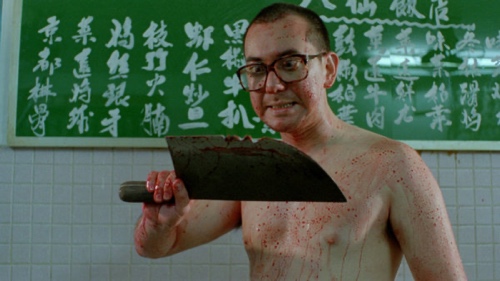
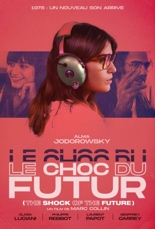 The retro tribute Le Choc du Futur ends with an onscreen note of thanks to the unheralded women who were pioneers of electronic music in the 1970s, with a list of names that should be immediately written on a piece of paper and taken to your nearest record store to search.
The retro tribute Le Choc du Futur ends with an onscreen note of thanks to the unheralded women who were pioneers of electronic music in the 1970s, with a list of names that should be immediately written on a piece of paper and taken to your nearest record store to search.
Translated The Shock of the Future, the French film details a day in the life of Ana (Alejandro’s granddaughter Alma Jodorowsky) and her obsession with 70s-era equipment — especially a then-state-of-the-art beat machine — in the attempt to make a commercial jingle. She never gets around to it, instead making a killer disco tune instead.
As she does this, Choc details the constant barriers women faced in that burgeoning age of electronic music, most notably the way every guy, though he seems to take her seriously, wants a sexual favor in return. And while I’m sure not much has changed on that front, the way Ana perseveres is actually quite inspiring.
Directed by French composer Marc Collin and written with Elina Gakou Gomba, Le Choc du Futur portrays Ana as an anachronistic music geek with definite opinions that wouldn’t seem out of place at a Saturday-afternoon record store argument, especially when she’s decrying how, staring in the face of an electronic frontier, rock and roll is dead.
At the time, no matter how short-lived that time was, she might have been right, too. —Louis Fowler









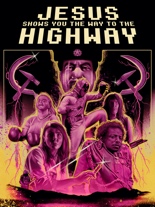
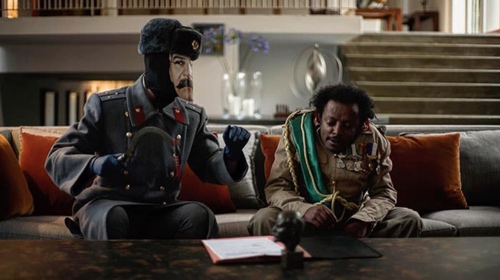
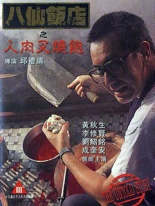
 There was a time in Hong Kong cinema when Category III flicks about insanely graphic serial killers were all the rage, with
There was a time in Hong Kong cinema when Category III flicks about insanely graphic serial killers were all the rage, with 